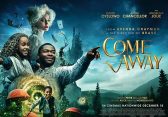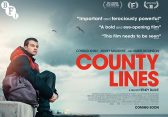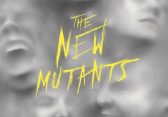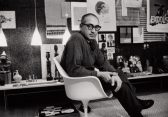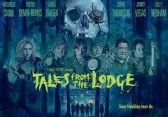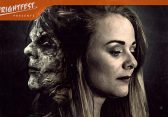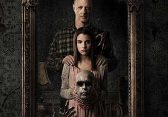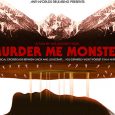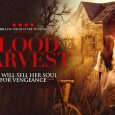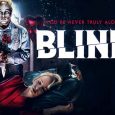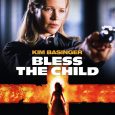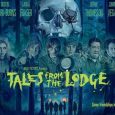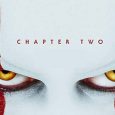First published as part of an anthology of modern horror in 1988, The Night Flier later became part of Kings own collection of short stories, entitled Nightmares & Dreamscapes in 1993. It was later adapted into a film of the same name in 1997. That in itself is quite a feat, as the story is less than 30 pages, and the film (which even more surprisingly got a theatrical release; it reportedly had a budget of $1 million and made a laughable $125,000) has a run time of 93 minutes. I actually hadn’t heard of this one until my lovely girlfriend (who has actually obtained and given me more Stephen King movies than I’ve bought myself. What a darling.) presented it to me. On first glance of the DVD cover art, it appeared unbelievably low budget: the whole thing looked like an amateur MS Paint job. With a recommendation from The Sunday Mirror (“Sure to curdle your blood!”) plastered on the front aswell, things were looking grim. Fortunately, the phrase ‘never judge a DVD by its cover’ applies here, and The Night Flier is one of the most enjoyable Stephen King adaptations (albeit with an altered ending) I’ve seen.
Richard Dees (Miguel Ferrer) is a senior investigative reporter for the Inside View, an exploitative magazine that deals with the weird and gruesome side of the world. When a news story comes in about a series of murders carried out in a vampiristic style by a killer who apparently travels by plane, he initially turns his nose up at the chance to take the story; it’s nothing special for a man of his calibre. But when a new, enthusiastic reporter exhibits interest in the case, he begrudgingly takes it, and it becomes a competition in who can uncover the truth about the crime. But the more facts that are uncovered, the more stranger the tale becomes; the killer is far from human.
As previously mentioned, the short story is short; starting on page 82 and finishing on page 109 of Nightmares & Dreamscapes, it is one of Kings most concise. I even had time to re-read it before starting this review, and whilst it stays fairly faithful, there are two major changes. The first being the inclusion of the second journalist, Katherine; there’s no mention of her whatsoever in the story. She isn’t entirely necessary to either: well, except for the ending, which was the second factor that differs from the book. If all the scenes involving her were removed, the narrative would still make sense and would have, obviously, cut the run time down, a fact that really should have been thought of when it was being made. It could easily have been made for TV, with a lower budget and to a wider audience. Nevertheless, it was inevitable that changes would be made due to the length of the source material, and it certainly could have been worse.
What really took me by surprise is the severity of the gore; this doesn’t hold back on the blood at all. The effects aren’t half bad either: a beheading looks sickeningly realistic, as does the aftermath. The final climatic scenes are so blood drenched, they should be renamed to Benny’s World of Blood (5 points for whoever gets that reference). Speaking of the ending, as I said earlier it differs from that of the short story, and if really thought about makes no sense at all, but it’s one of those that when first revealed, you go “ooooohhhh!” (see Book of Eli for another example). Regardless, this finale is a much more memorable one than that one you may have read.
What I also liked was that the main character wasn’t a hero at all. He’s a cocky journalist who believes everyone he works with is below him, and that he’s deserved the right to choose his jobs because he’s been there longer than them all. He appears totally uninterested in what the interviewees have to say, and in one scene he yells at a police man who tells him not to photograph the result of a car crash. And you know what? He’s so unlikeable, that you end up liking the character. Credit has to be given to Miguel Ferrer for pulling off this task; it’s a feat few actors can accomplish. It’s difficult to comment on anyone else’s performance because it’s largely a one man show, but Julie Entwisle as his rival reporter shows enough determination to be a credible threat to Dee’s ‘investigation’, however his methods to slow her down are as sneaky and darkly comic as they come.
I felt ashamed to have started out with such low expectations, but initial signs gave me no reason to think otherwise. Retrospectively though, it was probably a good thing, because I ended up being thoroughly entertained and intend to watch this again in future; The Night Flier lands itself a spot in the list of my favourite King adaptations.

